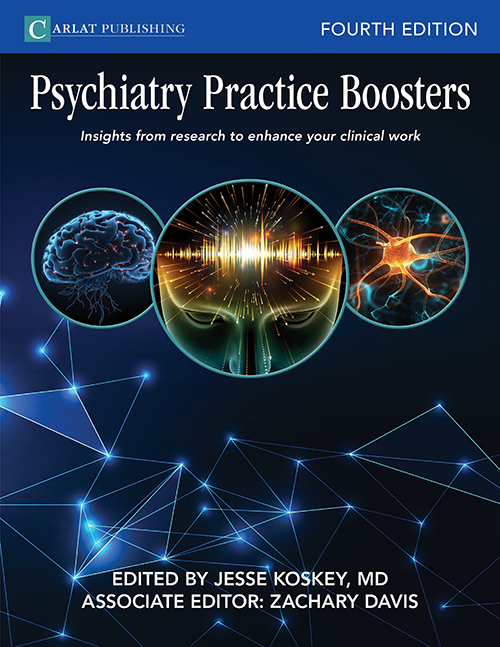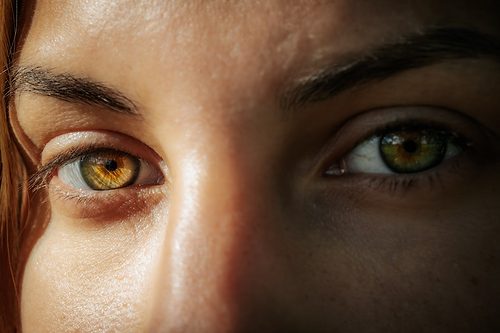Child Psychiatry
The Pharmacological Treatment of Sleep Disorders in Children: An Overview
Caroline Fisher, PhD, MD.
Read More
Single Therapy Session Works to Reduce Violence and Alcohol Misuse
Editor-in-Chief, Caroline Fisher, PhD, MD.
Read More

_-The-Breakthrough-Antipsychotic-That-Could-Change-Everything.jpg?1729528747)



